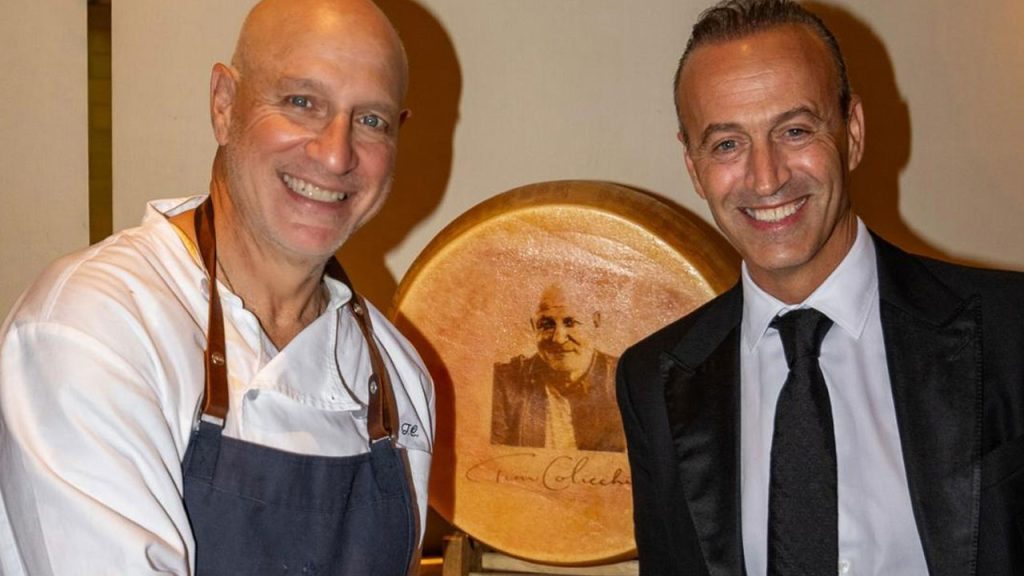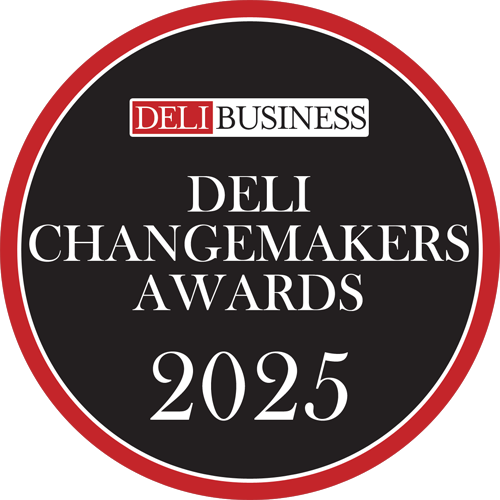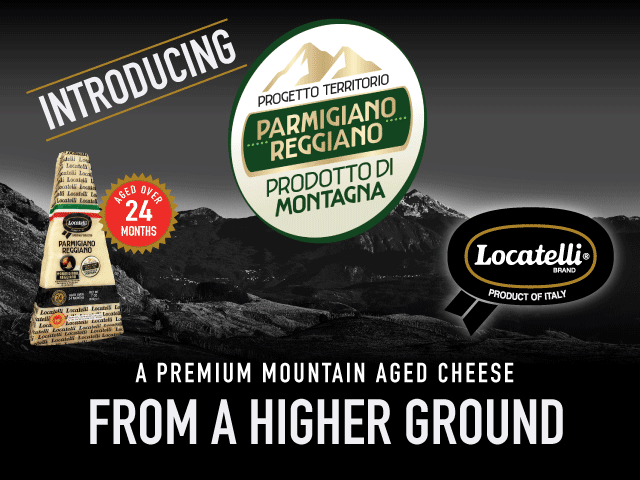Parmigiano Reggiano Ready to Confront Potential Tariffs – as of Early 2025, the U.S. Remains the Made in Italy Icon’s Top Export Market
July 17, 2025 | 3 min to read

REGGIO EMILIA – The Parmigiano Reggiano Consortium – the official body that protects and promotes the iconic PDO cheese – announced that as of July 2025, the US still dominates as its largest export market, accounting for 22.5% of total exports. In 2024, over 16,000 tons of Parmigiano Reggiano were shipped to the U.S., marking a 13.4% increase over 2023. Retail sales also remain strong, with a +9% growth in the first four months of 2025, in line with previous months.
In terms of sell-in data (producer to distributor/retailer), volumes stabilized year-over-year after a surge at the end of 2024, primarily due to stockpiling ahead of expected price increases and a sharp 40% spike in March 2025, when rumors of new U.S. tariffs emerged. In April, U.S. President Donald Trump imposed an additional 10% tariff on European imports, raising the total tariff on Parmigiano Reggiano from the traditional 15% to the current 25%.
Prior to April 2025, with tariffs at 15%, a 24-month-aged Parmigiano Reggiano – which currently retails for about €15/kg in Italy – was sold in the U.S. at an average shelf price of $42/kg. With the added 10% tariff, that price has risen to around $49/kg. If no changes occur, prices are expected to surpass $55/kg in early 2026 due to rising production costs and exchange rate fluctuations.
The Consortium is concerned about the potential impact of these increases on consumer demand. However, it remains confident in the EU’s ongoing negotiations, which aim to prevent unsustainable and inconsistent tariff hikes that would hurt all stakeholders—especially American consumers and importers. The Consortium also stresses the importance of open dialogue with key U.S. market players to navigate this period of uncertainty and ensure long-term growth.
In addition, the Consortium continues to promote the Parmigiano Reggiano Academy. Officially launched in 2025, the Academy offers immersive experiences for food professionals, with customized sessions by sector and channel—from grocery retail to foodservice, catering to specialty stores. Its goal is to educate trade professionals, transforming them into true “ambassadors” of Parmigiano Reggiano who can guide consumers toward more informed purchasing decisions. To date, the program has trained over 700 employees across more than 20 major chains in Italy and abroad, including the U.S., France, Germany, Spain, Japan, Australia, and the UAE. That number is expected to double by the end of 2025.
Finally, the Consortium also announced a multi-year partnership with the New York Jets, one of the most iconic and beloved franchises in the National Football League. Following the Consortium’s successful sponsorship of the 2025 Miami Open, this new collaboration includes a comprehensive marketing plan: branded tailgate events, digital and social media campaigns, media tastings, and customized activations across the Jets’ platforms and the MetLife Stadium.
“With the opening of our New York-based corporation in July 2024, we’ve established a constant and direct presence in the U.S., ” shares Nicola Bertinelli, President of the Parmigiano Reggiano Consortium. Moving forward, we must invest even more in growing international markets—starting with the U.S., which represents the future of our PDO. We are not pleased by the possibility of new tariffs, but Parmigiano Reggiano is a premium product. We will do everything in our power to prevent rising prices from significantly reducing consumption. ”
“As we’ve said many times before, Parmigiano Reggiano is not in real competition with U.S. -made parmesan—it represents less than 8% of the hard cheese market and sells at nearly twice the price. American consumers who choose Parmigiano Reggiano are making a conscious, informed decision. There’s a 92% market share of cheaper alternatives. Increasing tariffs on Parmigiano Reggiano would only raise prices for U.S. consumers without truly protecting domestic producers. Everyone would lose. What we need is a broad dialogue—not handled by individual countries, but by the European Union as a whole. We are watching the political landscape closely, but we trust the EU’s negotiation efforts and the loyalty of American consumers, who continue to value our excellence.”


